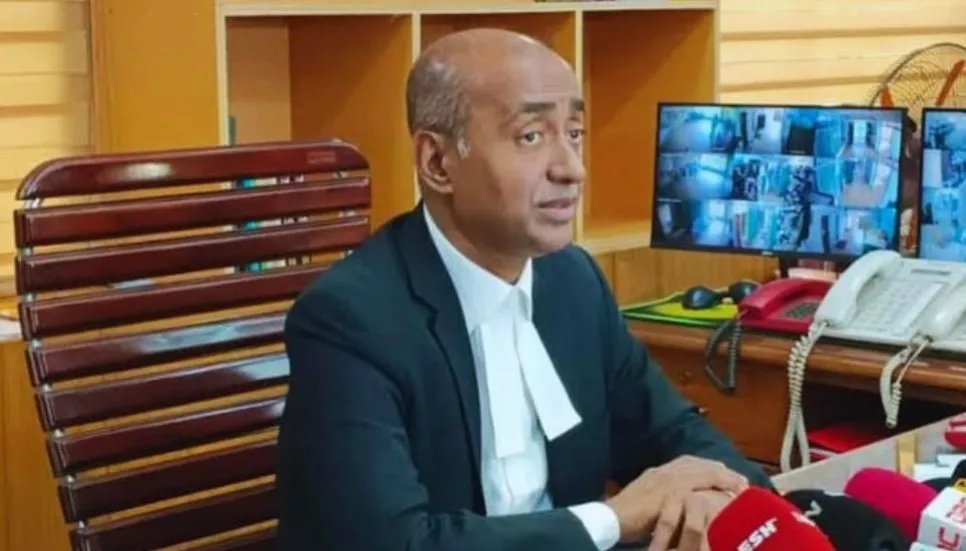
Attorney General Md Asaduzzaman has said the six commissions formed by the interim government to reform the state have reflected the aspirations of the people.
“Expectations of the people have been reflected in the formation of the six commissions aimed at reforming the state,” he said while speaking to the journalists at his office on Thursday, reports BSS.
The country’s chief prosecutor said three divisions---legislature, judiciary and administration--- are important not only for Bangladesh but also for different countries across the globe.
“Reform to the judiciary is necessary as it can exercise sovereign power in its activities. There is no scope to mix up other divisions with the judiciary,” he said, referring to the verdict in the Masdar Hossain case.
He said there was influence of other divisions on the judiciary from the lower court to the higher court in the entire tenure of the last government.
“Those who lodged protests against ruining the country’s democracy and looting during the last government did not get justice. Rather, they had been harassed. The officials of the judiciary had forgotten that they could exercise the sovereign power . . . even they could not think that they were the officials of the republic,” he added.
The attorney general called upon all to play due role in the government steps to bring reforms.
Asaduzzaman said the legislative, judiciary and administration had been gone under the control of one person mainly for the article 70 of the constitution, adding, “I hope the constitution reform commission will look into the matters.”
He continued that the president of the country has no significant power in accordance with the constitution except of having power to appoint prime minister and chief justice.
But, the fact is that the prime minister is selected by maximum votes of the members of parliament and the president only appoints and administers the oath upon completion of the process, he opined.
The president cannot appoint the prime minister by his/her own, he said, adding that it was seen in the past that the president could not use the power of appointment going beyond the government decision.
“It is important to bring balance in power among the constitutional organisations,” he said.